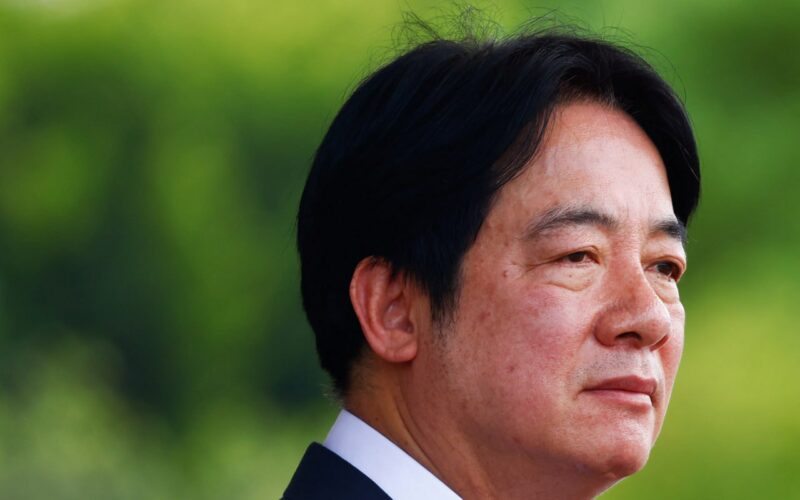Taiwan is not seeking war with China and is instead focusing on strengthening its defensive capabilities to deter any potential aggression from Beijing, according to Taiwan Defence Minister Wellington Koo. Speaking on Monday, Koo emphasized that Taiwan’s policy is to develop a multi-level deterrence strategy to make it increasingly difficult for China to capture the island.
Taiwan, a sovereign entity that China claims as its own territory, has been under increasing military and political pressure from Beijing. This pressure aims to force Taiwan to accept Chinese authority, a stance firmly rejected by the government in Taipei.
President Lai Ching-te recently addressed Taiwanese military cadets, claiming that China sees the annexation of Taiwan as a critical national goal. Lai urged against the defeatist notion that Taiwan could collapse immediately upon a Chinese attack, emphasizing resilience and readiness.
Responding to reporters in parliament, Koo explained that Taiwan’s strategy does not hinge on the duration it could withstand an attack without U.S. support. Instead, Taiwan focuses on an “asymmetric warfare” approach designed to exploit its smaller, more agile forces. This strategy includes enhancing mobility and utilizing vehicle-mounted missiles and drones to complicate any invasion plans by China.
“Our strategy, our hypothesis, is asymmetric warfare to build our multi-domain deterrence, and during this process to weaken China’s ability to invade,” Koo said.
China views Taiwan’s President Lai Ching-te as a “dangerous separatist” and rejects formal dialogue. Koo calls China the “trouble maker” and the primary provocateur of tensions across the Taiwan Strait.
The issue of U.S. involvement remains a sensitive topic. U.S. President Joe Biden has made statements that suggest a potential U.S. defense of Taiwan in the event of an attack, which has irritated the Chinese government. Historically, the U.S. has maintained a position of “strategic ambiguity” regarding its defense commitments to Taiwan. Koo noted that this ambiguity serves to complicate China’s strategic calculations.
“They will never be able to rule out the possibility of a U.S. military intervention,” Koo stated.
Taiwan’s defense strategy is centered on deterrence and preparedness rather than seeking conflict. Through asymmetric warfare tactics and a clear focus on defensive operations, Taiwan aims to safeguard its sovereignty and stability amid ongoing tensions with China.








